 BOOKS
BOOKS « In Which The 100 Greatest Writers In History Take The Stage Once More »
 Thursday, July 30, 2009 at 1:50PM
Thursday, July 30, 2009 at 1:50PM 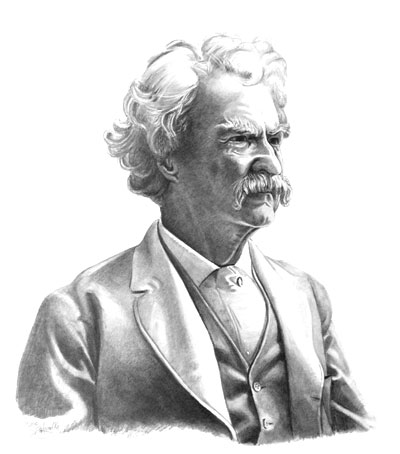
The 100 Greatest Writers of All Time: 50-26
by ALEX CARNEVALE and WILL HUBBARD
You can read the first two parts of The 100 Greatest Writers of All Time here and here. Let us continue this, if you will. Other lists of this kind have been attempted, none very successfully. We would like to stress that there is a crucial difference between "an important writer" and "a great writer"; the latter is at this time our sole interest. We will account for some of the names that did not make this list in a later dispatch. There is nothing bad to say about anyone we list here, except in some cases that they were anti-Semitic or racist, hated women or hated men. Literary crimes are usually relative, the caveats of which we shall enumerate:
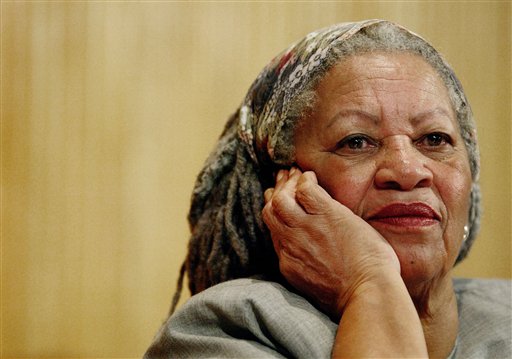
50. Toni Morrison
Let's not let a couple clunkers haunt how clutch Morrison was in gems like Song of Solomon, Beloved, and The Bluest Eye. Her explanation of the American midwest; her command of place rivals Faulkner in its better moments. Does she sometimes adhere too closely too symbols? Is she sometimes more complex than she ought to be? That is no blemish on the career of an immortal voice.
49. Charles Olson
America's Bard, the voice of New England. Incredibly tall, incredibly wacked. He is the father of much of the American verse that directly followed, but he would never know just how lasting his work would be. He is our poet of the future, a deep thinker who lacked empathy for everyone but himself. Self-involvement can became a kind of genius at this depth, or so we hope. Recommended reading: "The Post Office", The Maximus Poems, "The K".
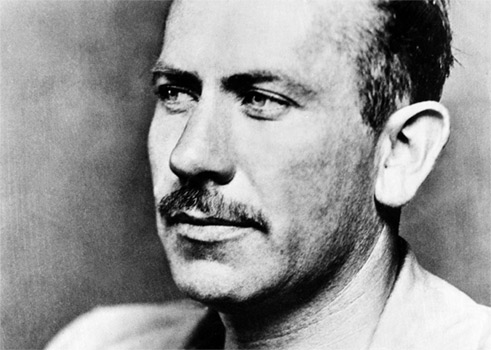
48. John Steinbeck
Steinbeck never graduated from Stanford. For a time, he worked as a handyman. His shorter works are incredible forays in concentration on theme; his longer works are a pleasure to drift into like little worlds. As a journalist of war he has no peer except for Orwell, and he could be funny, and also so devastating with the world he left you in after you'd turned the last page. Recommended reading: Travels with Charley, East of Eden, Of Mice And Men, Tortilla Flat.
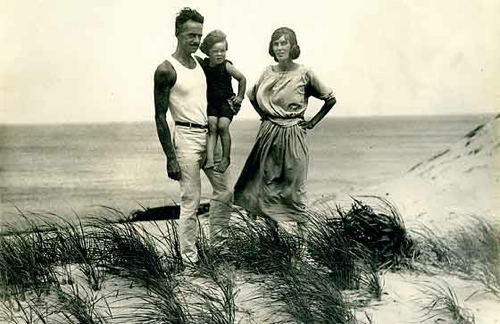 O'Neill with his second of three wives, Agnes, and their later disinherited son Shane on a beach on Cape Cod. 47. Eugene O'Neill
O'Neill with his second of three wives, Agnes, and their later disinherited son Shane on a beach on Cape Cod. 47. Eugene O'Neill
He wrote one comedy that made the stage — it happens to be one of the greatest stage comedies ever written, but he stopped there. His mind was occupied by the tragedy that could befall mankind, griefs personal and national. He believed the stage could depict this faithfully, and still more after that.
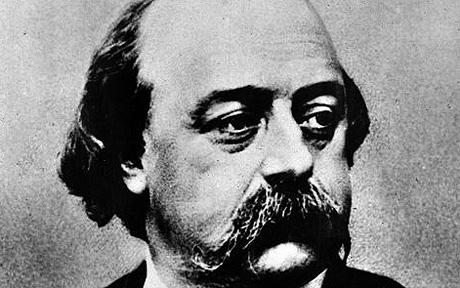
46. Gustave Flaubert
Madame Bovary was the real first novel, the first impulse in the form with intellectual heft, a plot with bite, a voice of reason. He wrote it from 1850-1855, and it appeared in serialized form, as the greatest novel that had ever been written at that point in time. Contracted syphilis in Lebanon. Never much of a playwright. He spawned the greatest European writer, Franz Kafka, and his evenhanded conception of the modern novel has lasted longer then his flavorful, romantic work. But without him, how were we to begin? Recommended reading: Bovary, Memoirs of a Madman, his letters
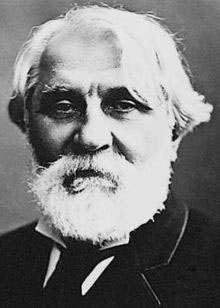
45. Ivan Turgenev
Tolstoy wrote of Turgenev: "His stories of peasant life will forever remain a valuable contribution to Russian literature. I have always valued them highly. And in this respect none of us can stand comparison with him. Take, for example, Living Relic, Loner, and so on. All these are unique stories. And as for his nature descriptions, these are true pearls, beyond the reach of any other writer!" Tolstoy could be such an understated dick at times. Recommended reading: Fathers and Sons, The Diary of a Superfluous Man

44. Charles Baudelaire
He was the quintessential mama's boy. He went looking for his mother in almost every prostitute in Paris, contracting all manner of sexually transmitted diseases. Fortunately the only effect these STDs had on his literary talent was, if anything, to enhance it. Among his Parisians his reputation became pretty solid. Proust loved the guy. You can be a dandy and a genius, and one hell of a poet. He was. Recommended reading: The Flowers of Evil, Paris Spleen, Artificial Paradises
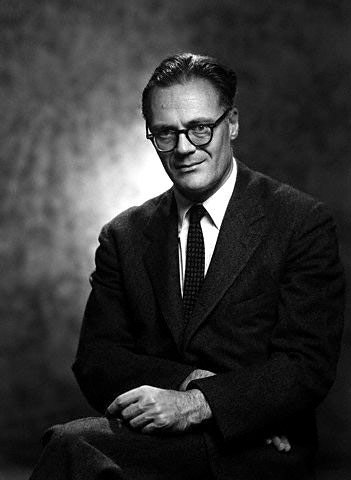
43. Robert Lowell
Of the New England poets, his achievements were the serious kind. He mentored many other greats, but his fidelity to his own vision, his moral look at the world he lived in, whatever it looked like to others, was firm. His sonnets are the greatest besides Shakespeare's. Recommended reading: For the Union Dead and Life Studies.

42. Mark Twain
Aphorisms and all, Twain was an American as great as Lincoln or Leadbelly. That is, deeply rooted in the land of his birth, yet unblemished by either bias or zealotry. Tom Sawyer is for kids, but Huck Finn stands up to any other novel in this bastard language of ours. He is evidence that this country should be.
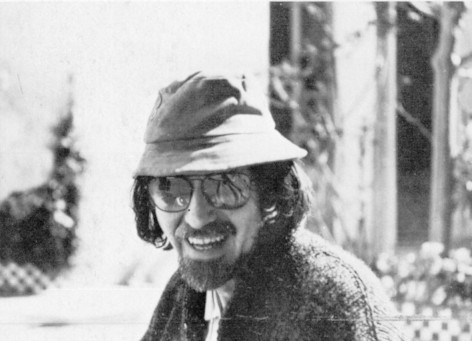
41. Robert Creeley
The German psychoanalyst/aphorist Bert Hellinger said that "rejection leads to resemblance," and it is this fact that best characterizes Creeley's career. He turned away from and overcame the sentimentalists, redefined what the country called sentiment, and broke free again, a man who could not die without knowing every version of love. The first three books are indispensable—The Charm, For Love, and Words—though there are later gems like Mirrors and Life & Death. The man is also our most imitable poet, which if the converse of Hellinger's words is also true, make Creeley a signal father of this country's next generation of original writers.
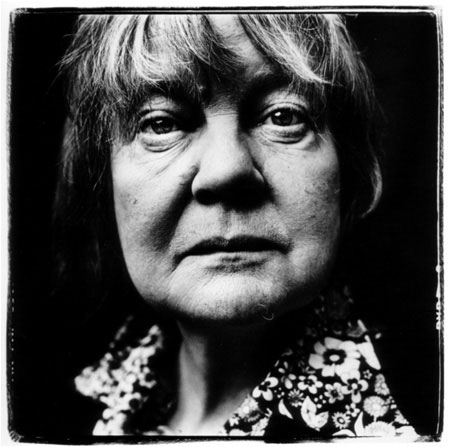
40. Iris Murdoch
What an inspired philosophical novelist! She wrote things down that should have been already written down, with an inspired moral sense. She was born in Dublin and her husband and life partner John Bayley at Oxford. They made an irreplicable team. She would elevate discourse to a heavenly routine. Recommended reading: A Year of Birds, The Black Prince, The Sandcastle, The Sea, The Sea
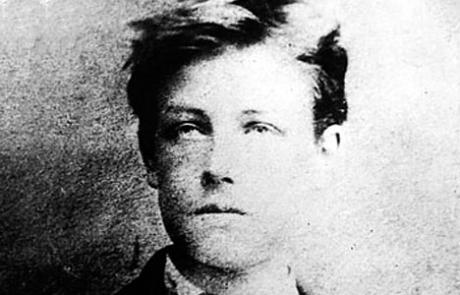
39. Arthur Rimbaud
The boy poet is a familiar role, but Rimbaud was the greatest of all boy poets. Died shortly after his 37th birthday. Wrote to and fucked Paul Verlaine. He was tall, thin and bony. Breton called him "a god of adolescence." He wrote poetry briefly when he was in his teens. One man's passing fancy is acknowledged as an titanic masterpiece by another man. It is best to read John Tranter's appreciation of him and see just what we mean.
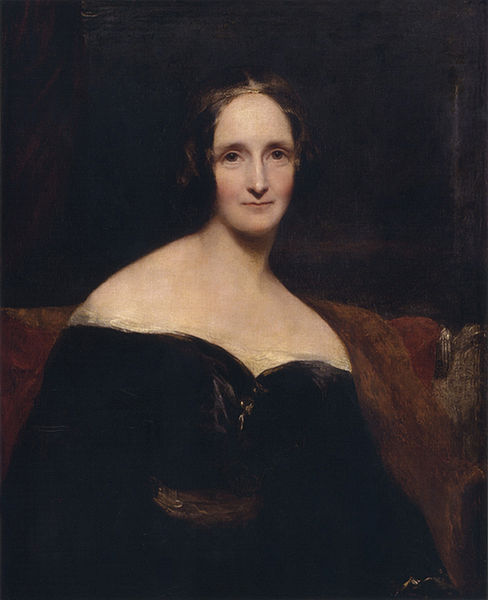
38. Mary Shelley
Created the most important novel of its century, the Pygmalion-inspired Frankenstein. It is still fabulous reading today, and inspired more than almost any other work of fiction. It is about man becoming the machine, and it identified the chief feature of life thereafter — technological innovation and how it would change humanity into something different than it was before. For this Shelley made the perfect story, one that is more than a metaphor, it is a koan to what has yet to occur.
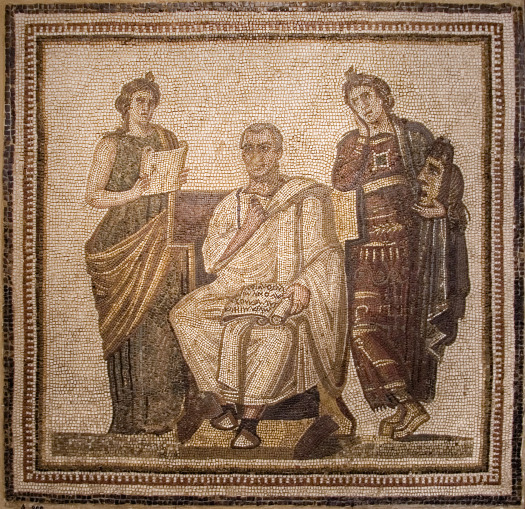
37. Virgil
Born in France when it was Gaul, Virgil was the son of a farmer. Eventually he followed Octavian and became a part of the political scene. In the last ten years of his life, he composed The Aeneid. Its address to Homer is evident. He saw his father go blind, his two brothers die, one at childbirth, and one in a messy accident. He was the greatest writer of his time, and were he here today we could reasonably account for him as the inventor of what would become Western literature.
36. Emily Dickinson
Quietly, unobtrusively, she is the American poet, giving more to those that followed her than anyone else. She is in every poet we read, every word that is written. Even when she is not, she is there, in her lacks. She eschewed the long vision of some of the finest poets in English, but no one did more with less, and this was her genius, along with something of a bitter wit. A person can be alone in the universe, and yet as long as they have literature, they need never worry.
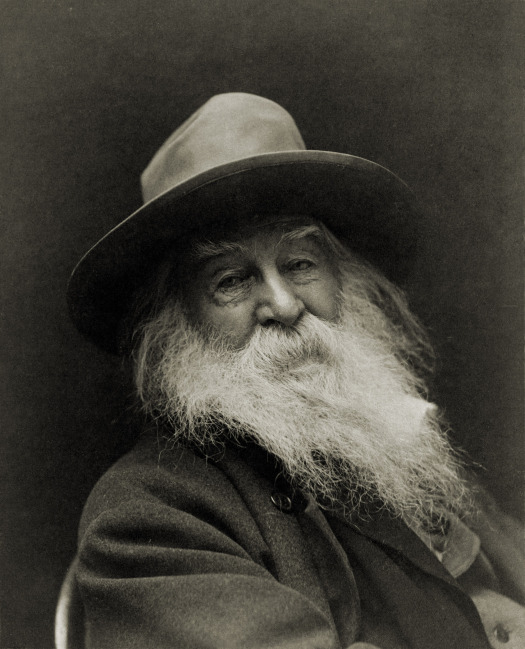
35. Walt Whitman
America's most delightful poet, Whitman has had a renaissance that many already saw coming. His verve and vision are so far ahead of any of his peers, it's a wonder he wasn't hailed earlier. He never drank. In his great letter to Emerson he imagined an America greater and more important than we could even conceive of today. He was born on Long Island. He hated slavery. He worked at nursing, journalism, homosexuality, teaching. Recommended reading: "O Captain! O Captain!", Leaves of Grass, his notebooks.
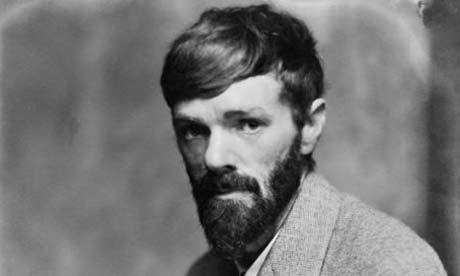
34. D.H. Lawrence
He died in France in 1930, but his final resting place is in Taos, New Mexico. It is a strange and wonderful journey for the English transplant. He called his life a savage pilgrimage, he was never given the right sort of attention in his lifetime. As he walked through the streets, they should have bowed. His criticism is above reproach, it is more a blog than any blog that has yet been created. His novels and stories are fresher today than the day they were written. He can be put down easily, but he is easy to love, too. Recommended reading: Lady Chatterly's Lover, Women in Love, essays.
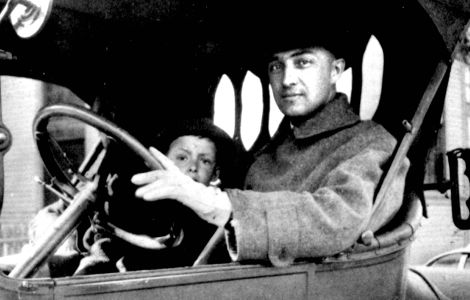
33. William Carlos Williams
Why is the New Jersey native so important to the project of American poetry? Why is he more than just "The Red Wheelbarrow"? Why is his Spring and All one of the ten greatest poetry manuscripts of all time? Like Pound who he hated, Williams' aims were new and real. They were the everyday, they were the eternal. His ear is flawless, his grasp of both prose and poetry on the level of Shakespeare. He is the greatest poet this country produced from its small towns, where he served as a doctor. Recommended reading: Spring and All, "Danse Russe", "This Is Just To Say", Paterson
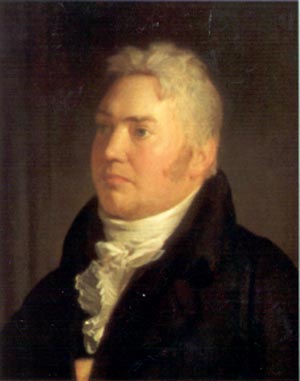
32. Samuel Coleridge
Addicted to opium, he was one of the great critics, and you then you get to his creative work. For their magical form and incantatory meter, Rime of the Ancient Mariner and Kubla Khan have no peer. Didn't have the best relationship with his mom. Was an innovator with blank verse, set the template for confessional poetry and much that came after. He wrote Rime, he could napped for the next hundred years and he'd still be at the top of his class.

31. Henry James
Other than Charles Dickens, did the novel ever have a more devoted and able practitioner? Born in New York City, his highfaluting education took him across Europe. Gay as the day was long, he hit on Hans Christian Andersen when he was 56 and Andersen just 27. Whether it was dark comedy or darkest tragedy, he was at his efficient best. With "The Art of Fiction" he planted his flag in the territory of made-up people and places. They would never be the same after. Recommended reading: The Portrait of a Lady, Wings of the Dove, The Bostonians.
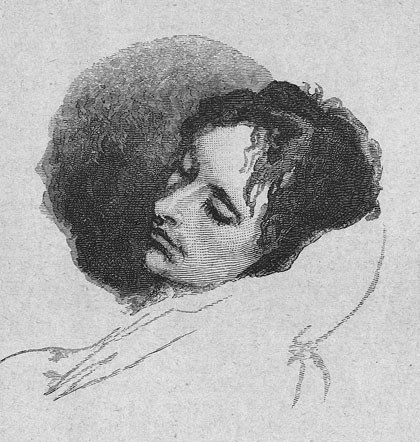
30. John Keats
Before everything, he was the greatest letter writer ever, his collected correspondence only potentially exceeded by that of Franz Kafka. His dad died after falling from a horse. He moved to Italy because of his fear of succumbing to tuberculosis. He succumbed in 1821. His poem "Endymion" began "A thing of beauty is a joy forever," and went on from there. The advances he made, the heights he reached! Recommended reading: his Odes, "Sonnet to Solitude", Calidore: A Fragment
29. William Wordsworth
There was the motivation to write in the voice of the people. Coleridge tried to say that drugs were the better path. Bill refused, citing Caedmon, the stable-boy that initiated our poetry. He was the best when he walked the country-side with Dorothy. Emotion recalled in a moment of tranquility was a cute idea, but it really only worked in the case of the daffodils. No one tried harder, and no one failed as beautifully, as this master.
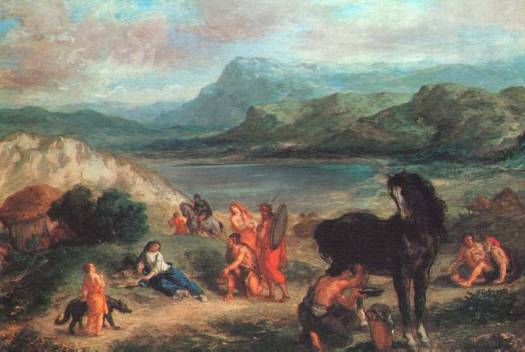 Eugene Delacroix's 'Ovid Among the Scythians'28. Ovid
Eugene Delacroix's 'Ovid Among the Scythians'28. Ovid
It is difficult to mark these Ancients. There is considerable import in coming 'first', but that is not what this list is measuring, we are saying who is best. Invented eroticism. He revealed himself in his many poems, creating an idea of art that would outlive him and every other member of his civilization. Born to an equestrian family, he married three times. Invented eroticism.
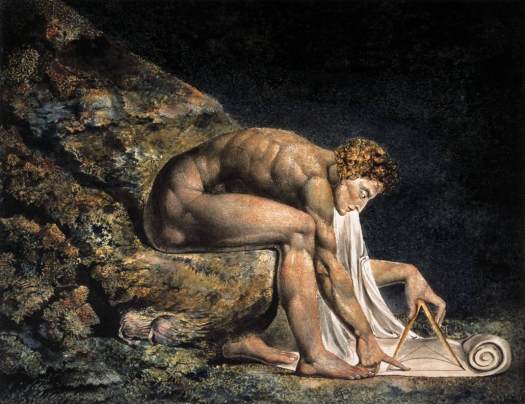
27. William Blake
He was considered insane by his peers. Songs of Innocence and Experience showed off his maturity and a poet, and that he was an inspired illustrator. He did not hold with the doctrine of God as Lord. He taught his wife to read, write and to use a printing press. We are still waiting for the poet who can draw like this to come back to us again.
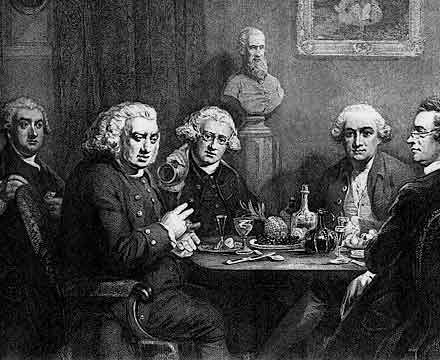
26. Dr. Johnson
His life basically invented the concept of autobiography, he had mild Tourette's, after college he went home and lived with his parents, his father ran out of money. He wrote the dictionary, he wrote columns. The breadth of his knowledge was spectacular to behold. Finally the 24-year old King George III granted him a persion of 300 pounds a year for basically civilizing some small part of humanity. Recommended reading: An Account of the Life of Richard Savage.
Alex Carnevale is the editor of This Recording. Will Hubbard is the executive editor of This Recording. You can read the This Recording tumblr here. You can read the first two parts of The 100 Greatest Writers of All Time here and here.

"Keep On" — John Martyn (mp3) highly recommended
"The East Blues, Gentle Blues" — John Martyn (mp3)
"The Man In The Station (alternate take)" — John Martyn (mp3)































Reader Comments (9)
that is, i assure you, not emily dickinson. only one photograph of her exists, and that is, i'm afraid, not it. otherwise, i am very much enjoying this rundown of great writers, and impressed with the site in general.
it's becoming clearer that Coetzee isn't on this list at all and that makes me feel quite sad
Funny, I'm cheering the Coetzee absence (he's the Suzanne-Vega-doing-Luka of Lit, IMO: important sentiments, mediocre execution)... slightly shaken by the Steinbeck and Lawrence high placements, though, but.. okay. And I'm assuming if Creely's in, Brautigan's out... fair enough. But this is where I start smelling like Glenn Close on poppers: Ted Hughes is wiping up Hell's tennis court *with every single poet you've seen fit to thus far include*. Even Rimbaud, who quit 20 years before he might have matured into a metaphor-minter who actually knew what he was talking about. Only Anne Sexton scares Ted (and the two are married down there, btw).
Ted Hughes would not have made my top 250 list. But, yes, he's a great poet—particularly when there's a sheep and/or placenta involved.
TH *invented* placenta
I'm assuming TH is just going to place really high. Because his exclusion will null and void this list.
I'm afraid there is a factual error in your paragraph on Henry James--he did not hit on Hans Christian Andersen but Henrik Christian Anderson the sculptor.
I really like your blog and i respect your work. I'll be a frequent visitor.
Are you crazy. The most gorgeous novel in history.
This list is a joke...all about who is most crazy, gayest.
Where is Graham Greene?
Pablo Neruda, the poet from Chile? Sorry if I misspelled his name.